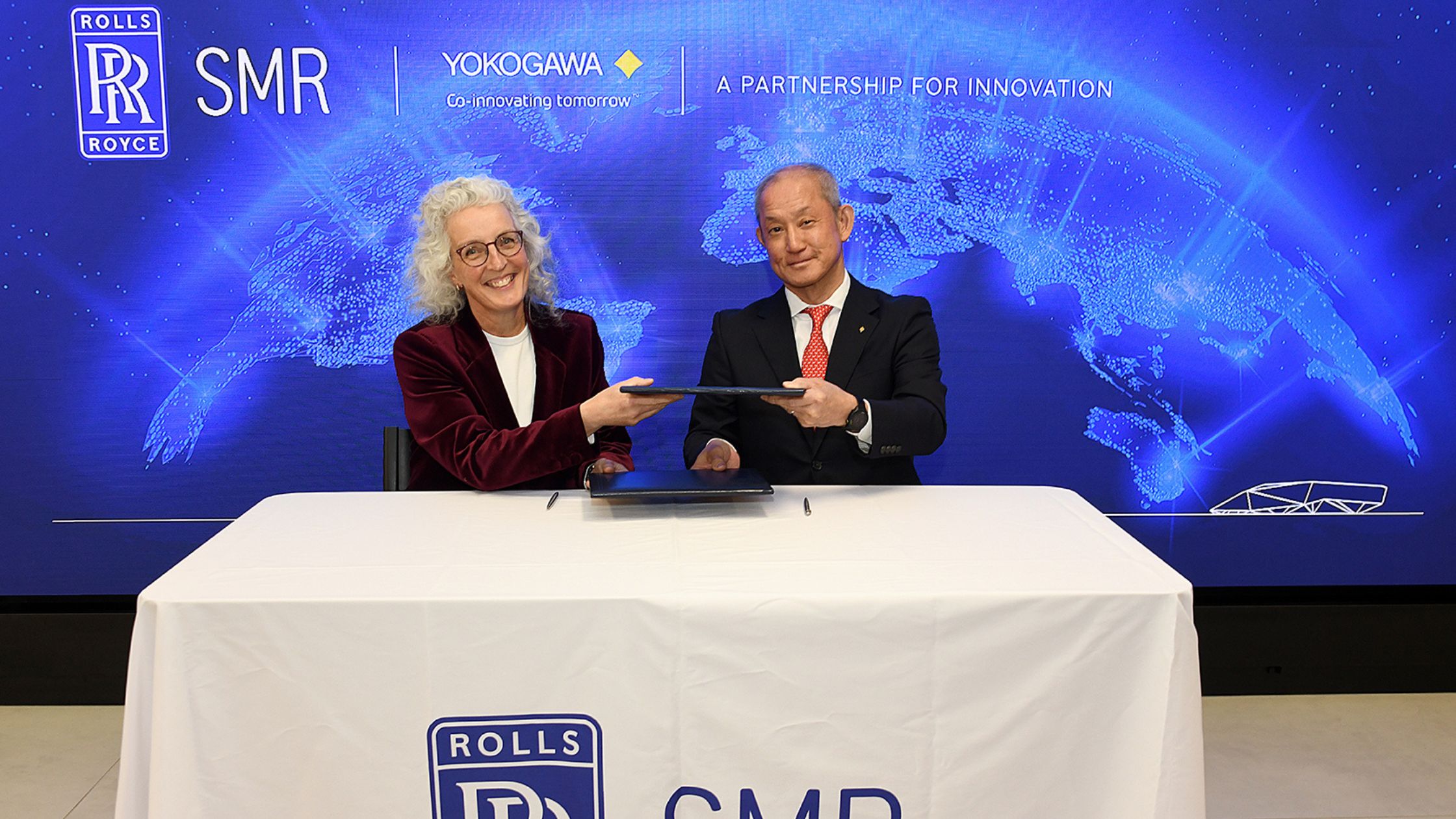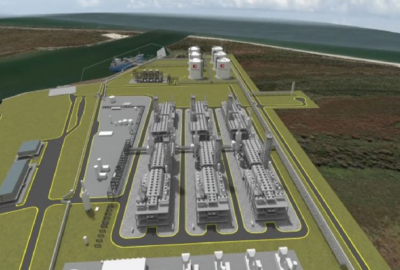
The Solar Energy Corporation of India (SECI) has released a Request for Selection (RfS) for Solar Power Developers to establish a 4.125 MW Grid-Connected Solar PV project at IIT Kharagpur under the RESCO model. This initiative aligns with the “Panchamrit” goals declared by India at COP26, aiming for 50% of energy requirements to be sourced from renewable energy by 2030.
The bid submission and document sale end date is 3rd January 2024, with bid opening scheduled for 8th January 2025, this project invites competitive tariff-based bidding for installation across rooftops, ground areas, and elevated structures within the IIT Kharagpur campus. The total project capacity comprises 2.9 MW for rooftops, 1 MW for ground mounts, and 225 kW for elevated structures. Successful bidders will operate under a Build-Own-Operate (BOO) model, undertaking all tasks from design and commissioning to a 25-year operations and maintenance term.
The bidding process is structured in two stages: a technical-commercial evaluation followed by financial bidding. Participants must submit a bid processing fee of ₹6,000 and an Earnest Money Deposit (EMD) of ₹37.125 lakh via bank guarantee, payment on order instrument, or insurance surety bond. Selected bidders are required to provide a Performance Bank Guarantee (PBG) amounting to ₹33.75 lakh per MW before signing the Power Purchase Agreement (PPA). Service charges of ₹13.5 lakh per MW, payable in two installments, are also mandated.
A ceiling tariff of ₹4.9/kWh has been set, with developers expected to ensure a minimum Capacity Utilization Factor (CUF) of 15%. The project must reach commissioning within nine months of the PPA’s effective date, with penalties for delays. Early commissioning is permitted under mutual agreement.
The project supports the adoption of solar photovoltaic technology but remains open to alternative advancements. Developers may leverage tax incentives and fiscal benefits without affecting tariff competitiveness. Grid connectivity, net metering, and compliance with state and central electricity regulations are the responsibility of the developers.
This effort underscores SECI’s role as a central body in India’s renewable energy mission, facilitating the implementation of large-scale solar initiatives. Interested bidders must adhere to SECI’s detailed guidelines, ensuring complete and accurate submission by the prescribed deadlines.













